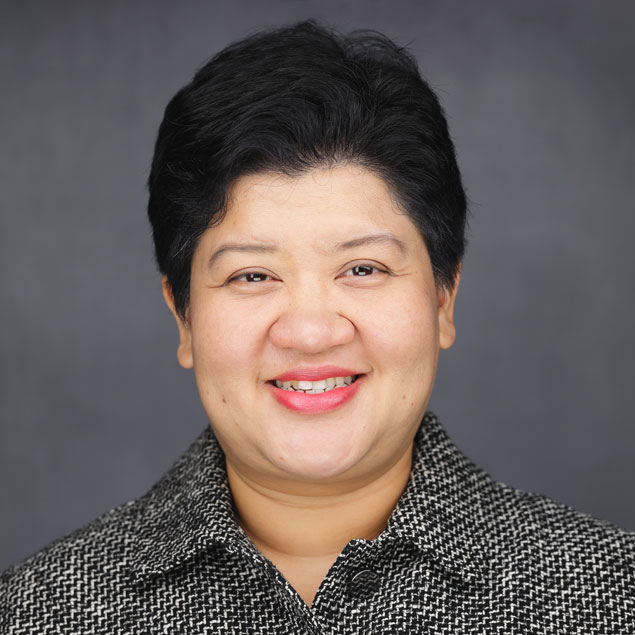
How Measuring Systems Change Can Open the Door to Transformative Impact
Reflections on the power of funding systems change efforts

This section explores the meaning of impact and the role of measurement and evaluation in frontline funding.
‘Impact’ can be loosely defined as progress towards a shared goal, the cost of which can include time, human, financial and operational resources.
Traditionally, many donors have been reluctant to pay for anything other than direct project activities, which they most closely associate with impact. Expenditure on less tangible things – like training, salaries, leadership, organisational systems, and collaboration – is often lumped together as ‘indirect costs’, which many donors aim to keep as low as possible.
But it is past time to reframe what an impact cost really is. For social change to take place — especially change led by frontline organisations — donors must expand their definition of direct costs.
At the Freedom Fund, we understand impact costs to encompass whole organisations and invest accordingly. We are able to do so at scale through our clustered hotspot model, which involves:
For us, these aren’t overheads or nice-to-haves. They are direct costs essential for transformative and sustainable change.

Roisai, Freedom Fund Program Advisor, ThailandWe want to ensure our grants aren’t just helping our partners in the here and now, but also setting them up for future resilience.
Good monitoring balances the need to ensure funds are being spent as intended with not overburdening partners with the process. Even better if monitoring systems are useful for the partners, too. Ideally, organisations should be gaining skills that will ultimately help them to not only better track and adapt their work, but also to raise funds from other donors.
Whenever possible, consider streamlining reporting and conducting more complex data analysis in-house. This might require collaborating with peer donors to align your reporting requirements or hiring on a monitoring and evaluation team.
At the Freedom Fund, our local Program Advisors (PAs) work closely alongside our grantee partners to monitor impact. This includes collecting data from each partner and conducting macro analyses so we can assess progress against strategy. As a pooled fund, we are able to aggregate and regrant funding from multiple donors while still requiring only one consistent set of reports.
Program Advisors share reporting templates (accessible in local languages), and provide partners with a reporting orientation as well as periodic training on monitoring and evaluation.
Partners receive help to actually write reports and translate them into English, as needed.
PAs provide feedback on report submissions to both strengthen the report and the partners’ reporting skills.
PAs verify all submitted reports to ensure accuracy.
Defining and measuring the impact of your support is key to maximising the potential of your philanthropy. It is also important to create avenues for grantee partners to authentically share about the challenges they’ve faced when carrying out their work. This requires creating an environment where partners can share honest and open feedback without fear of repercussion.
At the Freedom Fund, we rely on our partners and local Program Advisors to provide on-the-ground intel on what’s working and what needs changing, and we survey our grantee partners directly. We also gather information from other experts and our wider programs team. We operate in a state of constant re-evaluation to drive funding strategies that maximise impact.

Debora, Freedom Fund Senior Program Manager, BrazilWe have to accept that these outcomes might not be what we assume or expect - that’s why consultation is so important.

Reflections on the power of funding systems change efforts

A template to gather narrative information from partners

The results of our 2022 grantee perception survey